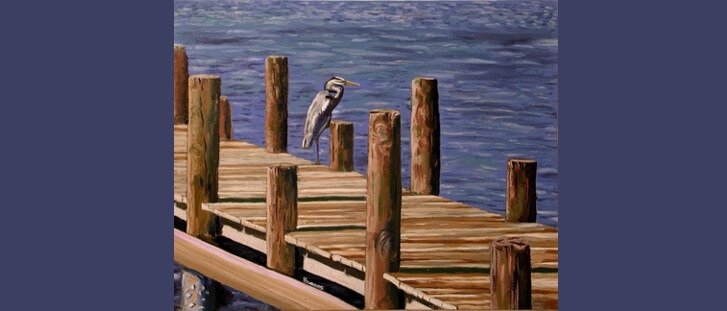I've had a fissure since January, I was able to cicatrize it keeping my stool watery thanks to magnesium citrate (my proctologist literally said "no fissure here", you're fine), but then at the first "harder" trip to the bathroom the fissure used to reopen, so the agony was back to square one. I have a LIS scheduled in 10 days, but today I stumble across this scientific study (you'll find a link to it below) which explains how long lasting fissures have a base of infection that keep them "alive";
"
As of today, chronic fissure-in-ano is considered a non-infective pathology and antibiotics have no role in its management. However, during the last decade, evidence is emerging to the contrary. In 2007, Pelta et al. found subcutaneous tract at the base of the fissure in almost all the patients and hypothesized sub-clinical infection as the reason for causing symptoms in chronic fissure-in-ano. In 2010, local application of povidine-iodine solution showed to improve symptoms in chronic fissure [
1]. In 2012, it was demonstrated that a short course (5 days) of oral antibiotics (ciprofloxacin 500 mg plus ornidazole 500 mg) gave significant symptomatic relief in up to 90 % patients [
2]. However, this relief was not sustained if constipation was not strictly avoided. Subsequently, in 2014, it was shown that local application of antibiotics cream (ornidazole with or without povidine-iodine) for 3 months in addition to the above regimen (a short course of oral antibiotics plus avoidance of constipation, local application of Diltiazem gel was recommended if anal sphincter spasm was present) sustained the symptomatic benefits achieved and helped to cure the fissure in up to 90 % of patients"
Now, this confuses me a little bit. We've been told antibiotics are useless for this condition unless a fissure gets infected and an abscess develops. This study seems to prove all of this wrong, trying to say that almost everybody who is dealing with a long lasting fissure should try the antibiotic treatment (both systemic and local, as the study mentions) as it would drastically improves the symptoms, which can only be a positive thing.
What do you guys think about this approach? No doctor ever talked to me about this, my guess is most doctors aren't that updated, probably. I'm in pain (need to keep my stool watery otherwise the pain knocks me out all day) but in all honesty, I would gladly avoid getting cut and messed up "down there", if a simple course of antibiotic is what's needed to see an improvement.
Here is the link to the study, I would love to know your opinion regarding this, as I'm a bit confused right now. What if in 15/20 years this "infective theory" gets approved worldwide among proctologists and LIS and other kind of fissures/related surgeries get declared "outdated"? Since LIS can potentially damage my anus permanently, I would make sense to try all the available alternatives, even if they're "immature".
LINK: https://www.ncbi.nlm.nih.gov/pmc/articles/PMC4848217/
